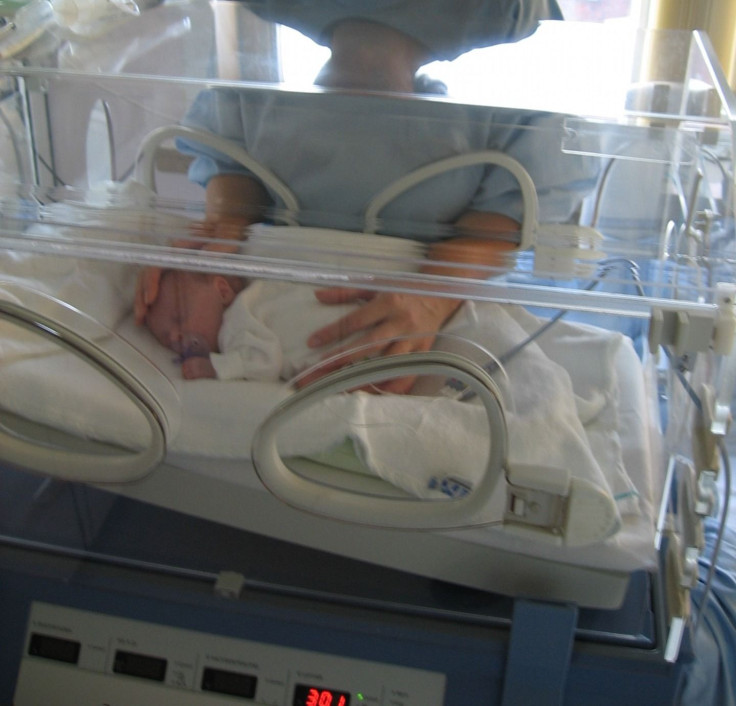After Trump Election, Preterm Births Among US Latinas Rose, Study Finds

There was a rise in premature births among Latina women living in the United States in the nine months following Donald Trump’s presidency, a study has found.
The study published in the JAMA Network Open medical journal Friday said that the rise of preterm births during this period, i.e., from November 2016 to July 2017, were 3.5 percent more than expected. According to lead researcher Alison Gemmill, maternal stress due to change in government policies could have been a cause for it.
“The 2016 election, following campaign promises of mass deportation and the rollback of policies such as DACA, the Deferred Action for Childhood Arrivals program, may have adversely affected the health of Latinas and their newborns,” Gemmill, who is an assistant professor in the Department of Population, Family and Reproductive Health at the Johns Hopkins Bloomberg School of Public Health, said in a statement.
For the study, the researchers considered all the deliveries that took place before 37 week of gestation as premature births. They said babies born in this period are prone to several health problems, including death in infancy and developmental problems later in life.
The research was done by analyzing the data of over 33 million live births in the U.S. between the period January 2009 and August 2017. The information was collected from the database of Centers for Disease Control and Prevention (CDC).
Gemmill and her colleagues began the study by analyzing the data of preterm births among self-identified Latina women between January 2009 and October 2016. Then, they estimated the preterm births for the following nine months, i.e.. between November 2016 and July 2017.
When the researchers compared actual numbers with expected preterm births in Latina women during this period, they found a significant increase in the infants born before completing 37 weeks of gestation.
The study stated that 38,170 male infants and 31,682 female infants were born before completing their gestation period in the nine months following Trump’s election. In short, preterm births of male infants were 1,342 more than the expected number of 36,828 and preterm births of female infants were 995 more than the expected number of 30,687.
The researchers also found that preterm births among Latina women were at its peak between February and July 2017. It indicates that “infants conceived or in the second trimester of gestation at the time of the election may have been particularly vulnerable to maternal stress,” stated the academics.
“We've known that government policies, even when they're not health policies per se, can affect people's health, but it's remarkable that an election and the associated shift in presidential tone appears to have done so,” Gemmill said.
However, the research team said the study has its limitations, mainly because they were unable to separate the data on Latina women born in the U.S. and those who were foreign-born. They were also not able to determine if there was rise in preterm birth among Latino women in the last two years. They suggested a follow-up study to find an association between preterm births and election.
© Copyright IBTimes 2025. All rights reserved.





















